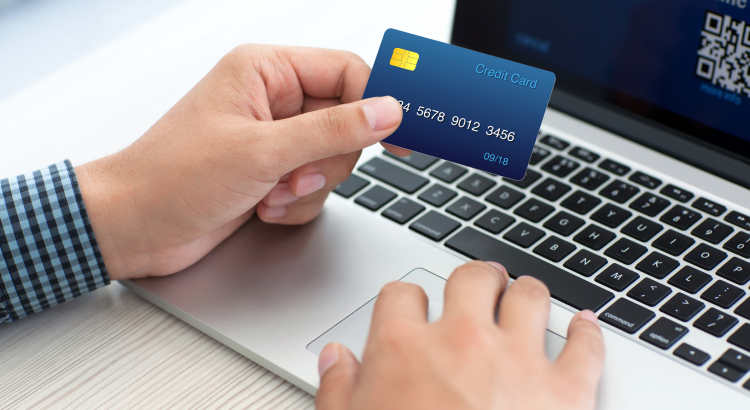FROM OUR PARTNERS

Credit cards can be powerful tools to improve your credit score and help you make purchases you can’t afford all at once. It can also provide you with some amazing benefits.
However, there is also the risk of getting in over your head in credit card debt and paying far more than you originally intended in exorbitant interest payments.
Study these tips to learn how to make wise decisions to make your credit card experience a beneficial one and not a horrifying debt nightmare.
One of your major goals in having a credit card should be to build up an impressive credit score. The FICO score is an evaluation used to determine how trustworthy you are. Here, making payments on time makes up a large percentage (35%) of your score.
Missing payments is a sure-fire way to cause that score to drop, which you should avoid at all costs.
Also, if you are currently enjoying a credit card that offers a 0% APR (annual percentage rate), a missed payment can invalidate that deal and cause your interest charges to begin immediately.
While making the minimum payment will protect your credit score, it isn’t the most efficient way to use a credit card if you plan to save money. Credit cards have high-interest rates (how high is determined by that credit score we are trying to protect), and they are often compounded daily, which can quickly cause a high level of extraneous fees that can be avoided by paying off the full balance.
If you pay off your entire balance every month, you will never be charged any interest at all!
That alone makes this the absolute wisest strategy for dealing with your credit card. If you can manage to pay off the debt every month, you will gain all the benefits and none of the detriments.
Another aspect of maintaining a high credit score has to do with something called the debt to income ratio, also called credit utilization.
This score is determined by how much debt that you currently hold as a percentage of how much total credit you have available. If this score is low–meaning that you have a lot of credit available and low debt–then your score will be positively influenced.
If your credit limits are maxed out or nearly to that point, that isn’t going to look good to people who evaluate your credit, as it means you are unlikely to be able to take on more debt and make trustworthy payments.
That FICO score we mentioned? This score makes up another 30% of it. It’s important to keep this ratio low.
Occasionally, no matter how hard you try, you will not be able to pay off your credit card bill every month. For that eventuality, have a plan to mitigate the consequences. This involves several strategies, including debt consolidation and/or credit card refinancing.
Here are some possible ways you can keep the interest in check:
The better your credit score, the better the rewards cards that you will be able to access. These cards come with fantastic benefits that can save you a lot of money, but the interest rates tend to be higher, so you may want to avoid this option if you don’t believe you can pay off your full balance every month.
These cards can offer fantastic value, from cashback offers on purchases, to rideshare credits, to points you can acquire to get free benefits.
The perks are as varied as the cards themselves, so make sure you shop around and look for a card that offers benefits that fit your lifestyle, so you can make the best use of them.
What’s more, you can maximize your value by acquiring more than one reward card.
As each offers rewards on categories such as dining, gas, groceries, hotels, foreign travel, airlines, and many more, you can choose different cards that excel in different categories. Make sure to use whichever card will net you optimum rewards.
Just remember the rules above while you’re enjoying the benefits, as it is easy to fall into that high-interest trap and face financial struggles.